As urban mobility continues to evolve, London is emerging as a key player in the development and testing of autonomous vehicles. The city’s dynamic infrastructure, forward-thinking policies, and thriving tech scene make it an ideal environment for driverless innovation.
This blog explores the top 10 driverless car companies operating in London today firms that are not only pioneering the technology but also reshaping the future of transport in the capital. From AI-powered systems to autonomous delivery vans, each company plays a unique role in building a smarter, safer urban transport ecosystem.
Which Are the Top 10 Driverless Car Companies in London?
1. Oxbotica – “Universal Autonomy, Anywhere”
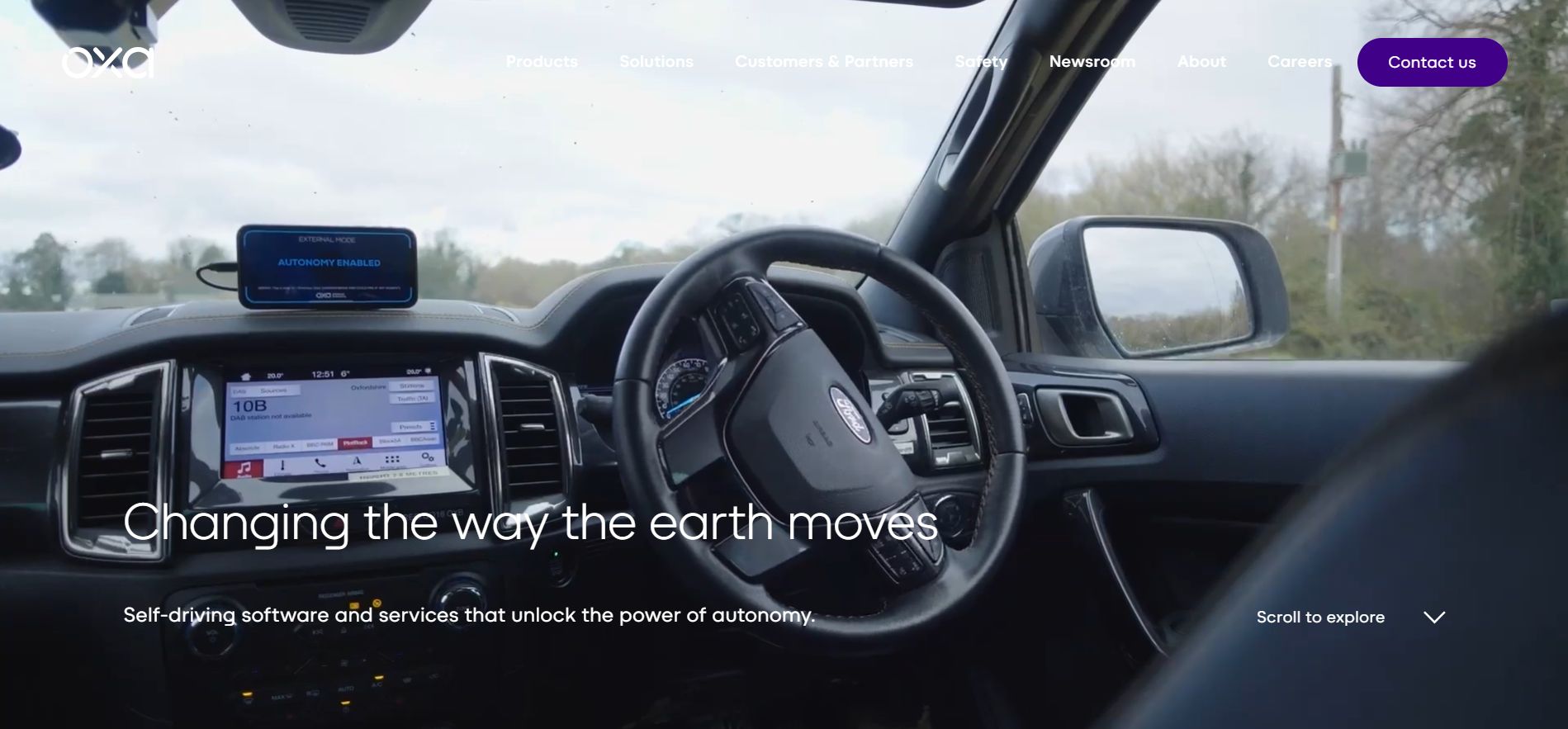
Oxbotica is a software-first pioneer enabling vehicles to drive themselves in almost any environment. Founded in Oxford and now headquartered in London, the company has developed a versatile autonomy platform that’s both sensor-agnostic and hardware-independent.
This means their software can be installed across multiple industries whether in off-road mining, energy sector fleets, or urban delivery vans. Oxbotica has formed partnerships with major names like ZF, BP, and Ocado to expand its technology into real-world commercial use.
Its stack includes critical tools like localisation, perception, and fleet orchestration, and it’s especially suited for integration into existing fleets. As one of the UK’s key AV voices, the company also contributes heavily to shaping AV policy and safety frameworks.
Core Focus
Adaptive software designed for complex and varied terrain.
Tailored To
Businesses with industrial or mixed-use fleet automation needs.
Pricing: Custom enterprise licensing upon request
- Website: www.oxbotica.com
- Phone: +44 1865 950 580
- Address: 1 St Giles, Oxford OX1 3JS, UK
- Email: info@oxbotica.com
Review: ★★★★☆
“Oxbotica’s software gave us seamless integration across our fleet with no need for hardware overhauls.”
2. Wayve – “AI Learns to Drive, Not Just Navigate”
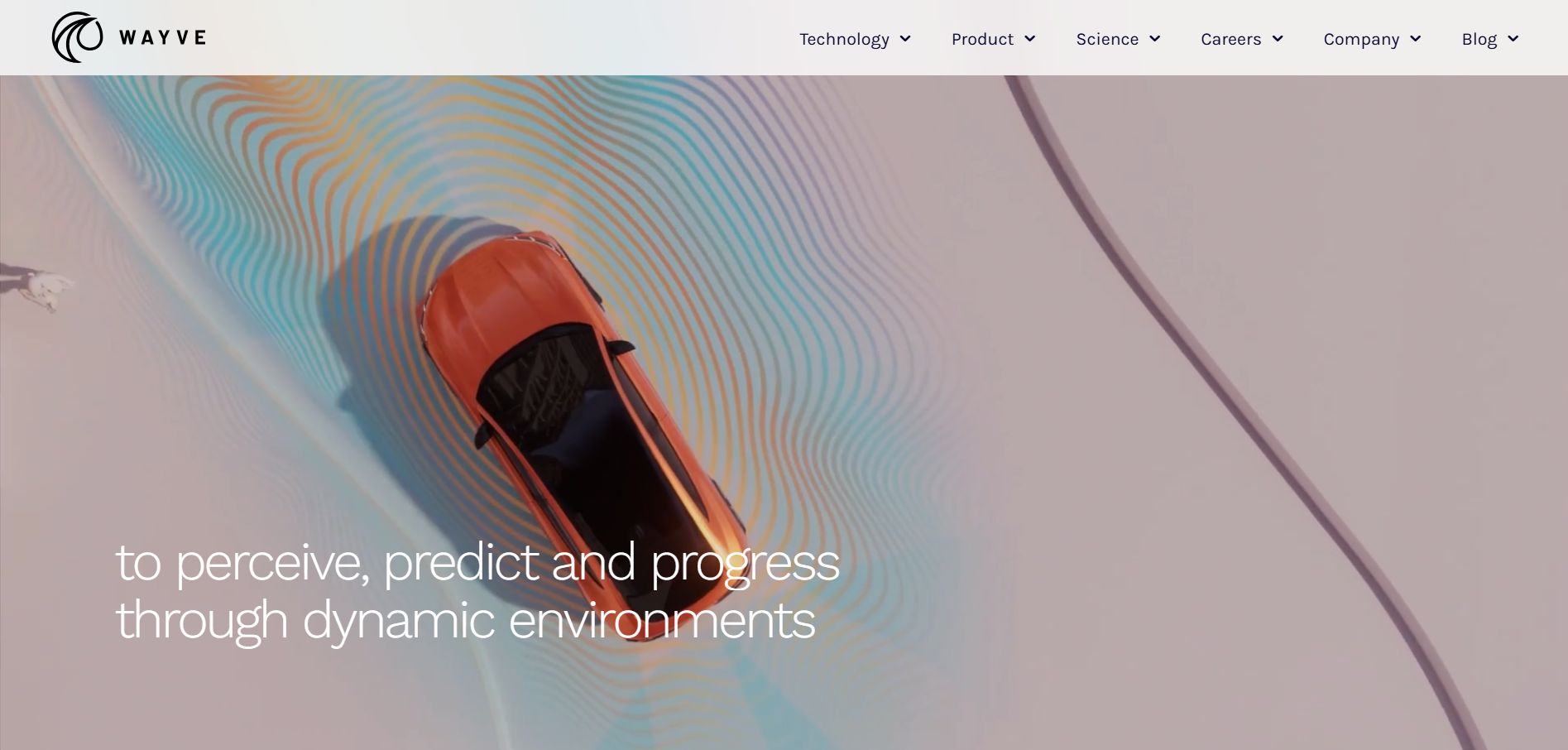
Wayve is a cutting-edge London startup building an AI-first driverless platform trained through machine learning, rather than rule-based programming. Their unique end-to-end deep learning model learns from real-world driving behaviour and adapts without the need for HD maps or infrastructure changes.
This flexible approach enables vehicles to operate safely in chaotic, unpredictable city environments like London. Backed by Microsoft and Ocado, Wayve is developing systems for logistics fleets and has already begun testing its AVs on public roads in the capital.
Their technology evolves through continual data ingestion, helping refine responsiveness and decision-making in real time. It’s an ideal choice for urban mobility and logistics sectors looking to scale AVs quickly and efficiently.
Unique Capability
AI-driven systems that adapt to new cities without manual reprogramming.
Optimal Use
Urban delivery and dynamic ride-hailing across city environments.
Pricing: Pilot and enterprise programs available upon inquiry
- Website: www.wayve.ai
- Phone: Not publicly listed
- Address: 1 Sekforde St, London EC1R 0BE, UK
- Email: contact@wayve.ai
Review: ★★★★★
“Wayve’s AI handles London’s complex streets better than any other platform we’ve trialled.”
3. Five AI – “Smarter Urban Autonomy”
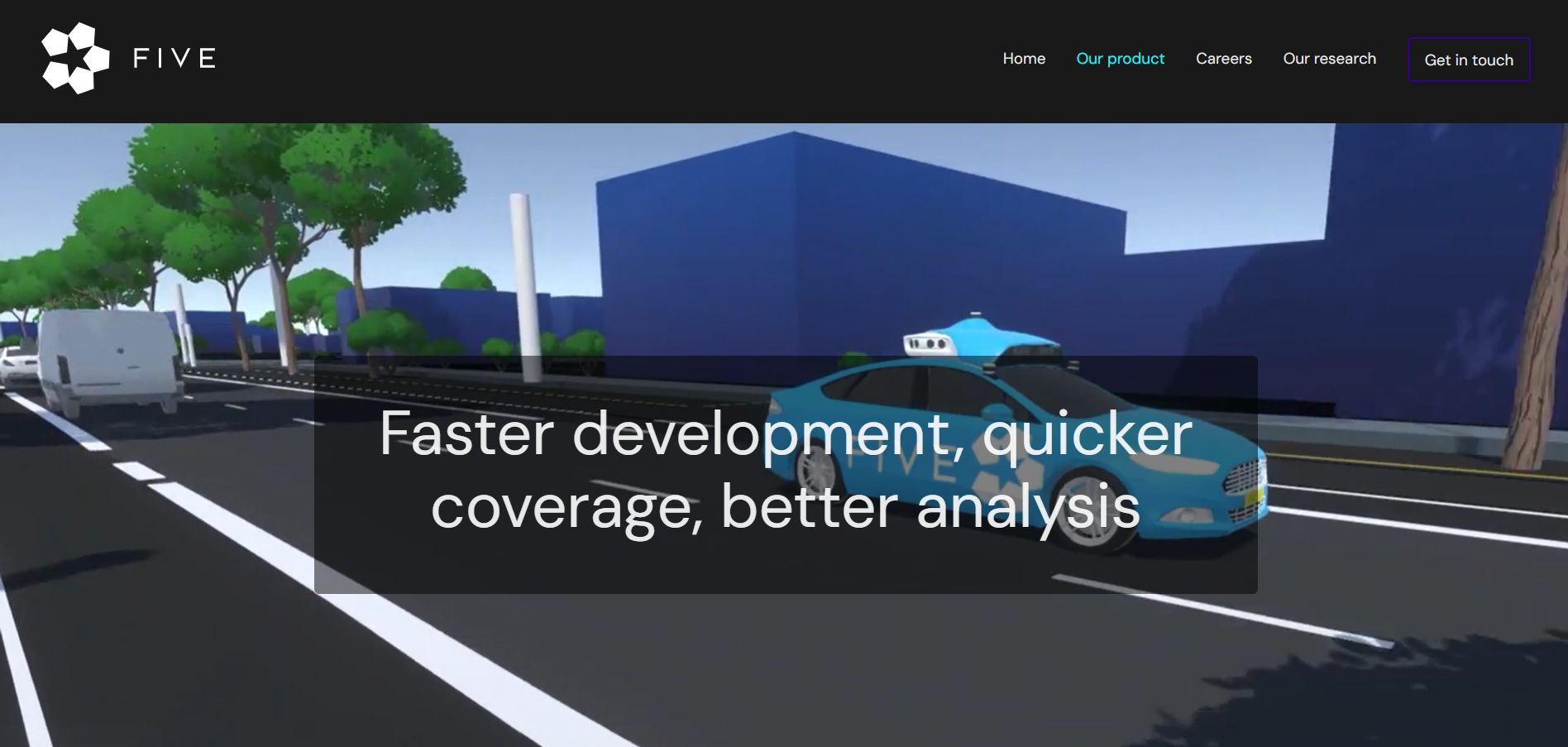
Five AI, now part of Bosch, has carved a niche by building powerful simulation and validation platforms for driverless software. Rather than deploying vehicles themselves, Five focuses on ensuring others can do so safely through advanced scenario-based testing.
Based in London, their cloud-based tools allow AV developers to create synthetic driving environments, model pedestrian interactions, and test for high-risk scenarios.
Five’s work is essential in catching edge cases that real-world driving might miss. Their validation platforms are used widely by OEMs and Tier 1 suppliers to refine autonomous driving logic before it ever hits the road. Five continues to support key UK trials and regulatory initiatives, influencing AV standards nationwide.
Primary Expertise
Cloud-based simulation tools for high-fidelity AV testing.
Most Suitable For
AV developers needing secure, high-volume testing environments.
Pricing: Custom enterprise licensing
- Website: www.five.ai
- Address: 1 Stephen St, London W1T 1AL, UK
- Email: info@five.ai
Review: ★★★★☆
“Five’s simulations exposed flaws we couldn’t identify through physical testing alone.”
4. Imperium Drive – “Turning Parking Spaces into Driverless Fleets”
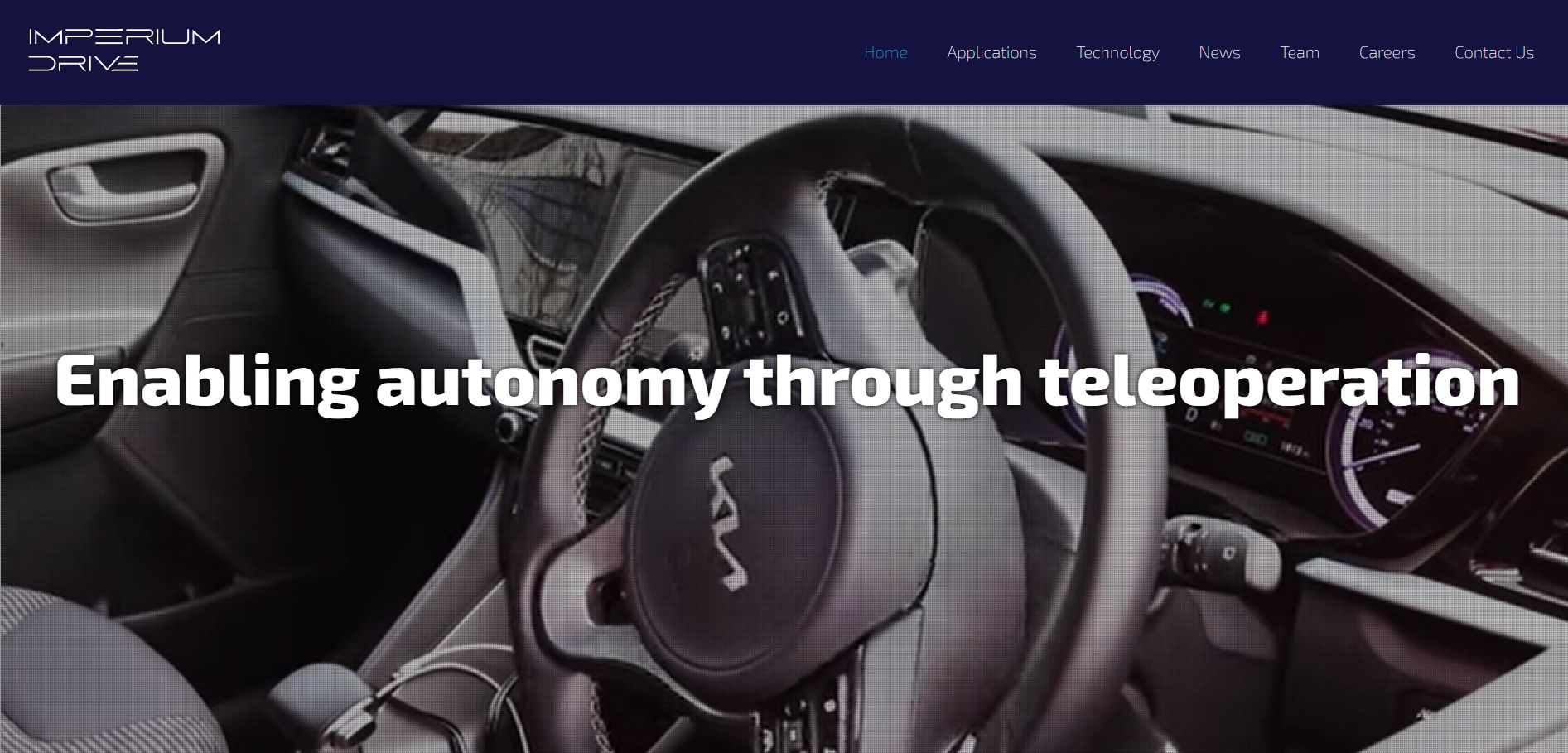
Imperium Drive is a London-based startup making waves with its unique take on autonomy: remote-driven vehicles as a bridge to full autonomy. Rather than relying entirely on AI from day one, Imperium Drive uses teleoperation to allow vehicles to be driven remotely by human operators, with gradual automation introduced over time.
Their flagship service, Fetch, allows users to summon a vehicle via an app, which is then delivered remotely without a driver inside. Once dropped off, users drive it manually and, when done, it’s retrieved the same way.
This hybrid model helps tackle current AV challenges like public trust and regulatory compliance. With its active trials in Milton Keynes and plans to scale in London, Imperium Drive is blending human oversight with cutting-edge autonomy to redefine vehicle sharing.
Standout Capability
Hybrid autonomy using real-time remote operation for safe urban deployment.
Best Fit Scenario
Vehicle sharing services and short-trip rentals in busy city areas.
Pricing: Service-based model; pricing varies by distance and usage
- Website: www.imperiumdrive.com
- Address: Based in London, operations in Milton Keynes
- Email: info@imperiumdrive.com
Review: ★★★★☆
“Fetch made car access seamless no keys, no driver, just tap and ride.”
5. StreetDrone – “Autonomy for Every Vehicle”
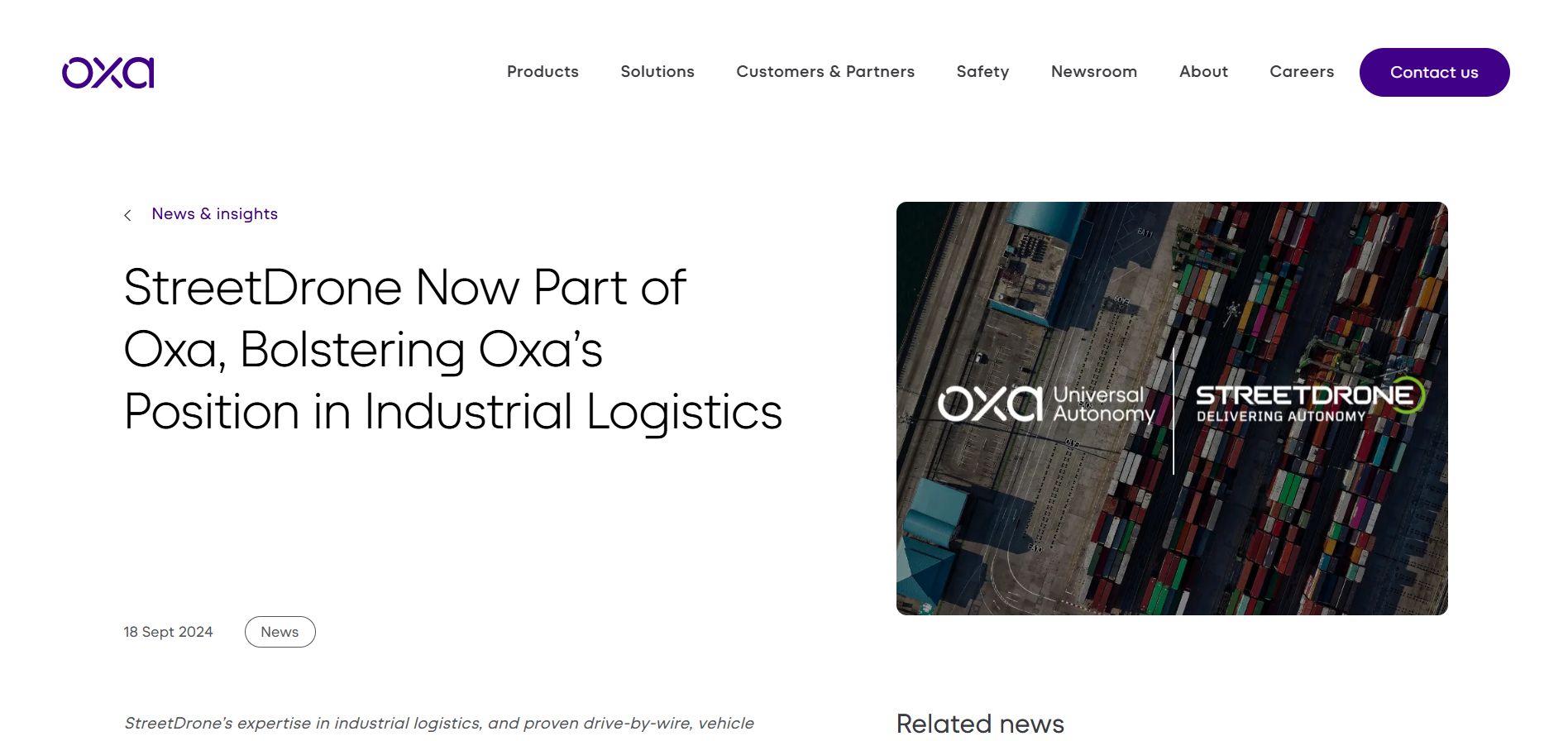
StreetDrone focuses on making autonomy accessible for companies and institutions that want to prototype or deploy driverless systems without developing their own vehicles from scratch. The company offers a modular AV platform compatible with a wide range of existing vehicles.
Their Drive-by-Wire technology, remote operation software, and 5G integration allow for safe testing and real-time control.
Operating between Oxford and London, StreetDrone works with universities, research institutions, and government-backed projects to enable fast-tracked AV experimentation. Its open-source stack is a particular draw for developers and early-stage tech firms looking to enter the AV space affordably.
Key Offering
Modular testing kits and AV platforms for fast rollout.
Best Deployment
Pilot projects in logistics, research, or closed campus environments.
Pricing: Modular options based on hardware/software requirements
- Website: www.streetdrone.com
- Phone: +44 1865 965 000
- Address: 1A Ferry Mills, Osney Mead, Oxford OX2 0ES, UK
- Email: info@streetdrone.com
Review: ★★★★☆
“With StreetDrone, we converted a standard vehicle into an AV in under a month.”
6. Conigital – “Autonomy for Smart Cities”
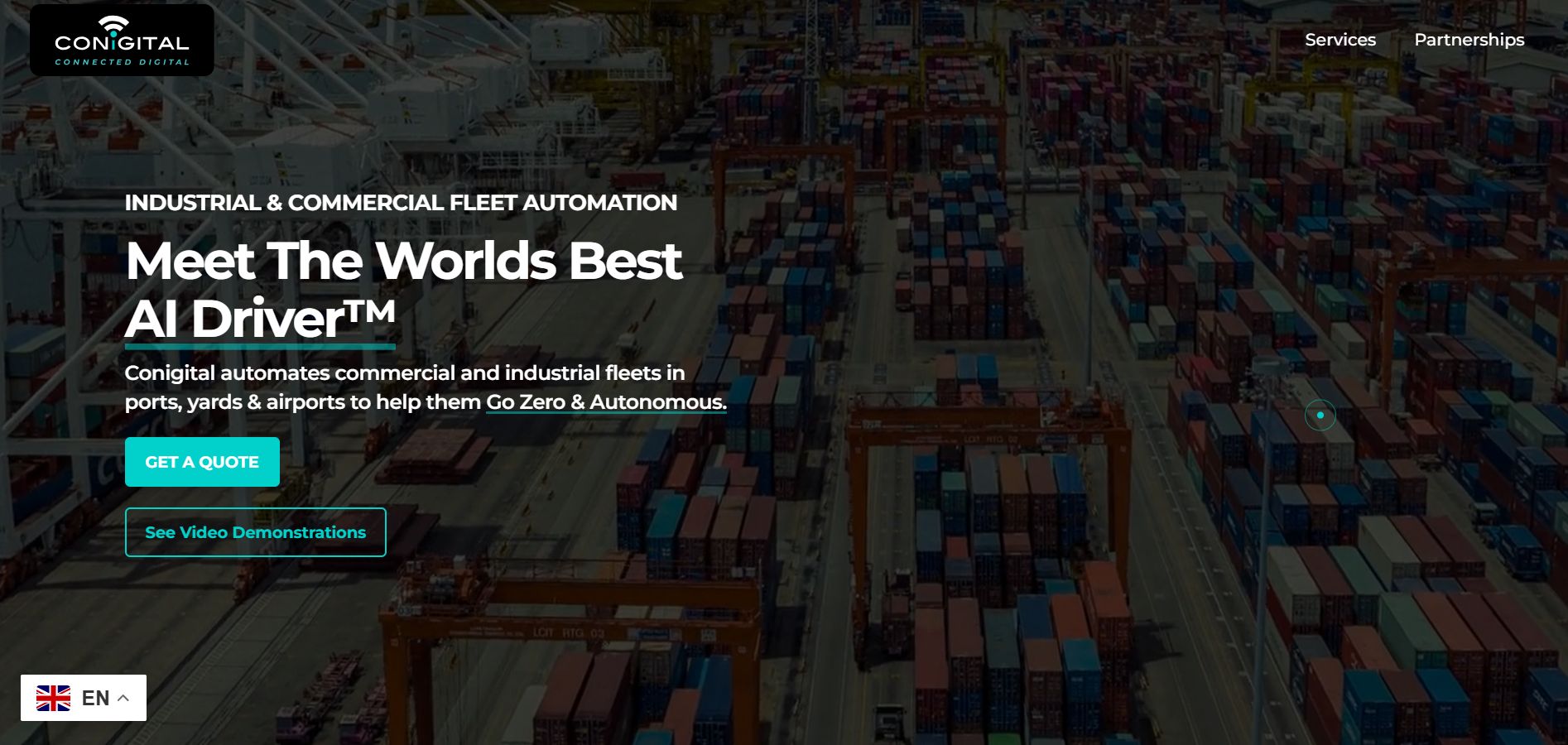
Conigital operates at the intersection of autonomous vehicles and connected city infrastructure. Their flagship solution, ConICAV, is a full-stack platform that supports Level 4 autonomy and integrates with smart city systems for real-time fleet orchestration.
From remote control centres to shuttle services in airports and campuses, Conigital focuses on both the technology and the ecosystem needed for smart mobility.
Based in London, the company contributes to major government-backed programs and collaborates with public transport authorities. Its emphasis on remote fleet management, passenger AVs, and infrastructure integration sets it apart as a leader in smart-city mobility.
Distinct Advantage
Fully connected fleet platforms built for public infrastructure.
Ideal Use Case
Airports, campuses, and urban zones prioritising MaaS integration.
Pricing: Custom enterprise solutions available
- Website: conigital.org
- Phone: +44 121 285 6161
- Address: 20-22 Wenlock Rd, London N1 7GU, UK
- Email: info@conigital.com
Review: ★★★★☆
“Conigital’s smart platform helped us monitor and manage our shuttle operations seamlessly.”
7. Fetch.ai – “Decentralising Autonomous Mobility”
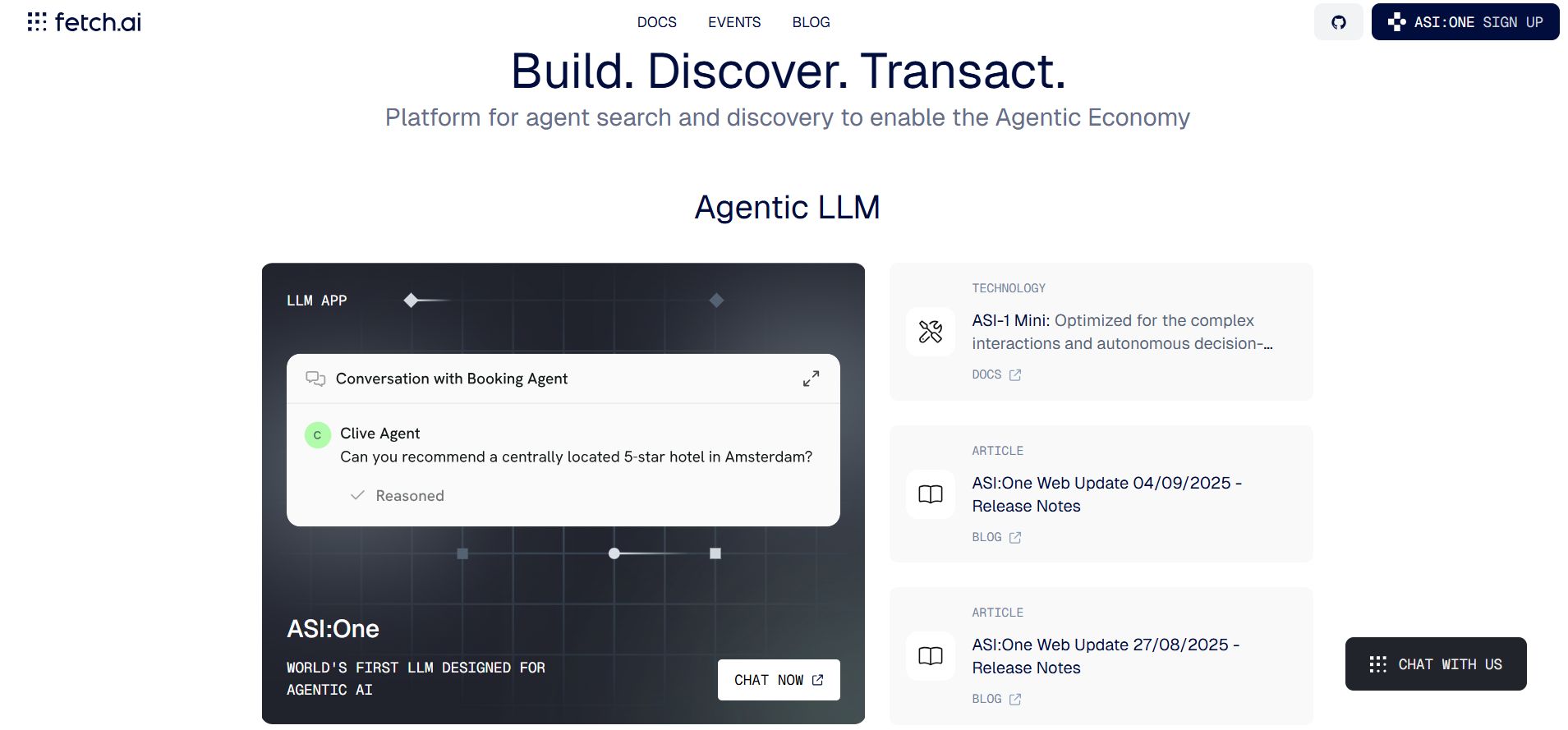
Fetch.ai is a Cambridge and London-based AI company building decentralised infrastructure for autonomous systems, including smart mobility. Unlike traditional AV companies that focus solely on vehicle autonomy, Fetch.ai is building the ecosystem that supports driverless operations from ride-hailing to parking and charging using multi-agent systems and blockchain technology.
Their mobility agents can negotiate, coordinate, and execute tasks independently, enabling driverless cars to operate more efficiently in shared environments. In London, Fetch.ai has worked on mobility-as-a-service applications and partnered with mobility platforms to test decentralised fleet operations. Their technology offers a scalable solution to AV coordination without relying on central control systems, making it ideal for future smart cities.
Unique Advantage
AI agents that enable self-managed fleets and infrastructure without human intervention.
Best-Suited Sector
Autonomous mobility networks and future-ready smart transport systems.
Pricing: Open-source platform with enterprise solutions available
- Website: www.fetch.ai
- Phone: Not publicly listed
- Address: 71-75 Shelton Street, Covent Garden, London WC2H 9JQ, UK
- Email: contact@fetch.ai
Review: ★★★★☆
“Fetch.ai’s system helped us streamline autonomous fleet operations without central control genius tech.”
8. BenevolentAI – “Smarter Cities Through Cognitive Intelligence”

BenevolentAI, headquartered in London, is primarily known for its groundbreaking work in drug discovery, but its powerful AI platform is now influencing adjacent fields like autonomous mobility and smart infrastructure.
Leveraging its deep learning and knowledge graph technology, BenevolentAI supports predictive systems that help AVs understand environmental factors such as traffic flow, road hazards, and behavioural patterns. While the company doesn’t produce autonomous vehicles directly, it provides the high-level machine intelligence needed for AV ecosystems to evolve.
Their AI models have been used in urban planning and intelligent transport systems, helping cities like London build more responsive, data-driven mobility networks. As cities transition to autonomy, BenevolentAI offers the cognitive engine behind the scenes.
Signature Strength
Cognitive AI that enhances environmental awareness for smarter AV navigation.
Ideal Integration
City-level AV systems and traffic management platforms seeking predictive insight.
Pricing: Enterprise AI platforms; custom solutions available
- Website: www.benevolent.com
- Phone: +44 20 7014 3200
- Address: 4–8 Maple St, London W1T 5HD, UK
- Email: info@benevolent.ai
Review: ★★★★☆
“BenevolentAI gave our smart mobility project an edge with predictive intelligence and real-time urban insights.”
9. Kar-go by Academy of Robotics – “Autonomous Delivery, Reimagined”

Kar-go, developed by Academy of Robotics, is one of the UK’s first fully autonomous delivery vehicles designed for suburban and urban last-mile logistics. This compact, electric AV uses AI-powered navigation and computer vision to deliver small parcels efficiently.
With its roots in defence and logistics technology, Kar-go combines autonomous control with remote monitoring for human override when needed. The vehicle has been trialled with the Royal Air Force and various councils across the UK, including operational pilots near London.
Its minimalist design and quiet operation make it an ideal fit for communities looking to automate local deliveries without disrupting residential environments.
Key Focus Area
Electric, compact AVs built for suburban last-mile delivery services.
Target Environment
Residential and semi-urban routes needing quiet, automated logistics.
Pricing: Pilot programs; pricing on request
- Website: www.academyofrobotics.co.uk
- Phone: +44 20 8050 2870
- Address: 20-22 Wenlock Rd, London N1 7GU, UK
- Email: info@academyofrobotics.co.uk
Review: ★★★★☆
“Kar-go delivered on time, every time quiet, efficient, and surprisingly nimble.”
10. CAVForth (Fusion Processing) – “Autonomous Buses in Action”
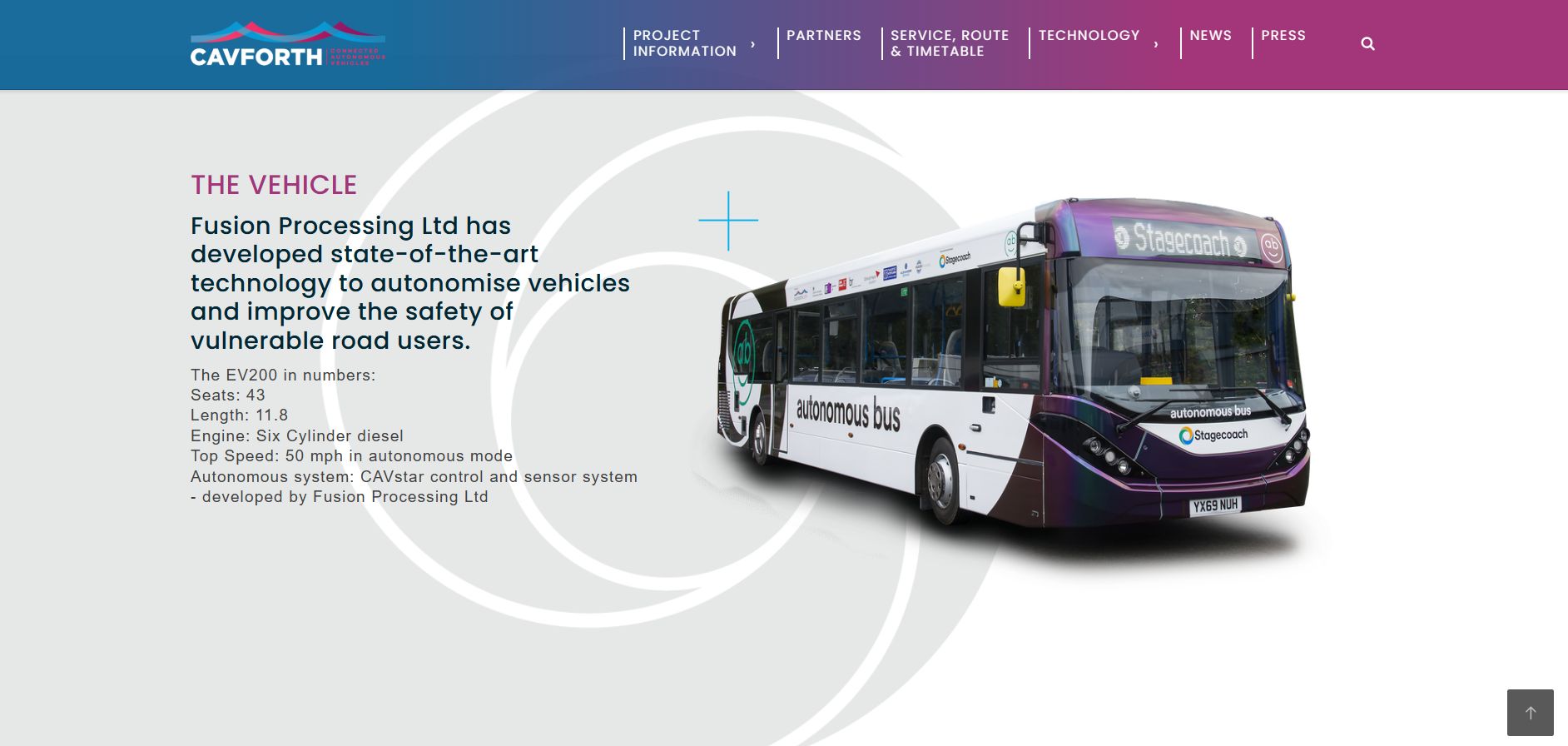
Fusion Processing, the tech force behind the CAVForth project, is advancing driverless public transport in the UK. While based in Bristol, the company maintains strong operational links to London through its partnerships and industry collaborations.
Their flagship product, CAVstar®, powers autonomous buses with perception, control, and vehicle communication systems. The company is working closely with Stagecoach and other public transit providers to roll out AV buses on real roads one of which became the UK’s first passenger-ready autonomous bus service in 2023.
Fusion Processing’s goal is to enable safer, scalable driverless mass transit that integrates with existing fleets, traffic, and urban infrastructure.
Core Strength
Advanced AV platforms tailored for full-size public transport operations.
Most Suitable Application
High-traffic commuter routes and city-wide autonomous bus systems.
Pricing: Government and enterprise contracts; tailored pricing
- Website: www.fusionproc.com
- Phone: +44 117 318 3880
- Address: 1 Temple Way, Bristol BS2 0BY, UK
- Email: info@fusionproc.com
Review: ★★★★☆
“The CAVstar tech worked flawlessly during our live trial passengers barely noticed the difference.”
How Is London Becoming a Hub for Autonomous Vehicle Innovation?
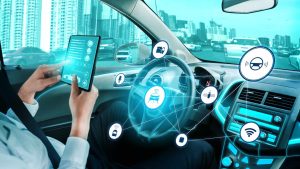
London’s transformation into a centre for autonomous vehicle innovation is no coincidence. The city benefits from extensive public and private sector investment, coupled with a government that has embraced the future of transport through initiatives such as the Centre for Connected and Autonomous Vehicles (CCAV).
Several boroughs, including Greenwich and Camden, have been involved in pilot schemes to test AV technology on public roads. The Smart Mobility Living Lab and London’s Transport Innovation Hub have also played pivotal roles in enabling real-world testing, giving AV companies access to the urban environments they need to refine their systems.
This forward-thinking infrastructure makes London a magnet for AV startups and international tech firms alike.
What Technologies Are Powering Driverless Cars in the City?

At the heart of every autonomous vehicle is a complex network of technologies working together in real time. Artificial Intelligence (AI) plays the most critical role, enabling the vehicle to analyse its surroundings, anticipate hazards, and make split-second decisions without human intervention.
Supporting the AI systems are technologies like LiDAR and radar sensors, which allow the car to perceive its environment in three dimensions. Cameras feed visual information to the system, while GPS and mapping tools help maintain accurate positioning. In addition, vehicle-to-everything (V2X) communication enables driverless cars to interact with infrastructure and other road users, creating a safer and more coordinated driving experience.
London’s rollout of 5G further enhances this technological foundation, providing faster, more reliable communication that supports high-speed data exchange between vehicles and networks.
Can Self-Driving Cars Really Navigate London’s Complex Streets?

Navigating London is a challenge even for seasoned human drivers. The city’s narrow roads, unpredictable traffic patterns, and high pedestrian volumes make it one of the most complex environments for autonomous vehicles.
However, driverless car companies are rising to the challenge. For example, Wayve is developing AI models specifically trained on London traffic data, allowing its vehicles to adapt to the city’s unique driving conditions. Meanwhile, FiveAI has tested autonomous cars in boroughs like Bromley and Croydon, showing that driverless systems can operate safely in real-world conditions.
These companies are proving that, with the right data and technology, AVs can handle roundabouts, temporary roadworks, cyclists, and even unexpected pedestrian movements.
Are Driverless Delivery Vans the Future of Last-Mile Logistics?

As e-commerce continues to grow, the need for efficient last-mile delivery solutions is greater than ever. Driverless delivery vans offer a compelling answer to this challenge, especially in a city like London where congestion and emissions are constant concerns.
Companies like Arrival are developing electric autonomous vans designed for urban logistics. These vehicles are capable of operating in tight city spaces and can make multiple deliveries without driver fatigue or human error. Their electric powertrains align with London’s Ultra Low Emission Zone (ULEZ) goals, helping reduce the environmental impact of delivery fleets.
By combining automation and electrification, these vans could dramatically streamline operations for retailers and logistics companies, making deliveries faster, safer, and more sustainable.
What Do Autonomous Trials Tell Us About London’s Readiness?

Over the past few years, a number of trials have taken place in London to evaluate the performance of autonomous vehicles in everyday environments. Wayve’s vehicles have been seen driving through Camden, while FiveAI ran successful pilot tests in the southeastern parts of the city.
Aurrigo has trialled autonomous pods at Heathrow Airport, and Oxbotica’s technology has been tested across central London zones like Oxford Circus.
These real-world tests show that autonomous vehicles are not just theoretical they’re already operating in London’s streets, collecting data, improving software, and proving their ability to coexist with pedestrians, cyclists, and traditional vehicles.
Such trials also serve to reassure regulators and the public that AVs can be safe, efficient, and adaptable to the complexities of urban life.
How Do UK Regulations Support or Limit Driverless Cars?

The UK government has taken a proactive approach to autonomous vehicles, creating one of the most supportive legal environments for AV testing and development. The Automated Vehicles Act, passed in 2022, lays the groundwork for fully autonomous vehicles to operate legally on UK roads.
In addition, agencies like the CCAV and Transport for London have developed frameworks to ensure that AV trials are conducted safely and responsibly. The Highway Code has been updated to reflect the presence of driverless cars, and new insurance models are being created to handle liability in the event of an incident.
These regulatory efforts not only provide legal clarity but also encourage investment and innovation from companies looking to expand in London and across the UK.
What Are the Key Challenges for AV Companies Operating in London?
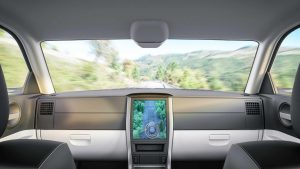
Despite London’s supportive environment, AV companies still face a range of challenges. The city’s infrastructure, a patchwork of modern and historic roadways, often complicates navigation for autonomous systems. Weather is another factor heavy rain, fog, and low light conditions can interfere with the sensors used by AVs to detect obstacles and interpret surroundings.
Cybersecurity is an increasing concern, as the integration of software and connectivity opens vehicles to potential digital threats. In addition, public trust in driverless technology remains mixed, with many Londoners still unsure about sharing the road with autonomous cars.
These challenges require ongoing investment, testing, and transparent communication from companies and regulators alike.
How Will Autonomous Vehicles Shape London’s Transport Future?
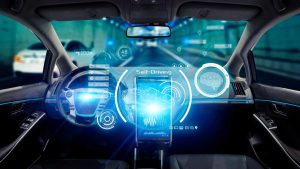
Autonomous vehicles have the potential to radically reshape London’s transport landscape. By integrating with public transport and offering new mobility options, they could help reduce congestion and extend access to underserved areas.
Driverless shuttle services, robotaxis, and last-mile delivery vehicles could make commuting more efficient and environmentally friendly. With their electric drivetrains and precision navigation, AVs also promise to lower emissions and reduce traffic accidents caused by human error.
As adoption grows, we may see a shift in urban planning with roads designed for shared, autonomous transport and reduced dependence on private car ownership.
Could London Be a Global Leader in Driverless Car Development?

London’s combination of policy support, technological expertise, and urban complexity makes it a natural contender for global leadership in autonomous vehicle development. Cities like San Francisco and Tokyo may be further along in deployment, but London offers a diverse testing environment and a mature market ready for innovation.
With ongoing trials, collaborations between companies and councils, and strong academic partnerships, London is well-positioned to not only adopt but help shape global standards for driverless mobility.
Conclusion
The future of transport in London is undeniably heading toward autonomy. With a growing ecosystem of driverless car companies, supportive legislation, and increasing public interest, the city is poised to lead the next wave of mobility innovation.
While full adoption may take time, the progress made in recent years is undeniable. As trials become everyday operations and technology becomes more seamless, London could very well be the benchmark for smart, autonomous urban transport across Europe and perhaps the world.
FAQs About Driverless Car Companies in London
What laws govern autonomous vehicles in the UK?
The UK’s Automated Vehicles Act and CCAV guidelines set the legal framework for AV testing and deployment, ensuring safety and accountability.
Are driverless cars currently operating in London?
While not yet available to the public, several companies are actively trialling autonomous cars across London in controlled environments.
How are AVs trained to navigate busy cities like London?
AVs are trained using large-scale datasets collected from real city driving, allowing them to adapt to unique traffic and environmental challenges.
What role does AI play in driverless cars?
AI enables driverless cars to recognise road signs, predict pedestrian movements, and make safe navigation decisions in real time.
Will autonomous vehicles replace public transport?
Not likely. They are more likely to complement existing systems, filling gaps in service or improving efficiency in first and last-mile journeys.
What’s the environmental impact of AVs in London?
Most AVs are electric, meaning they contribute to lower carbon emissions and align with London’s clean air initiatives.
Are Londoners ready to accept autonomous vehicles?
Public sentiment is still evolving. However, successful trials and clear communication are helping build trust in the technology.
